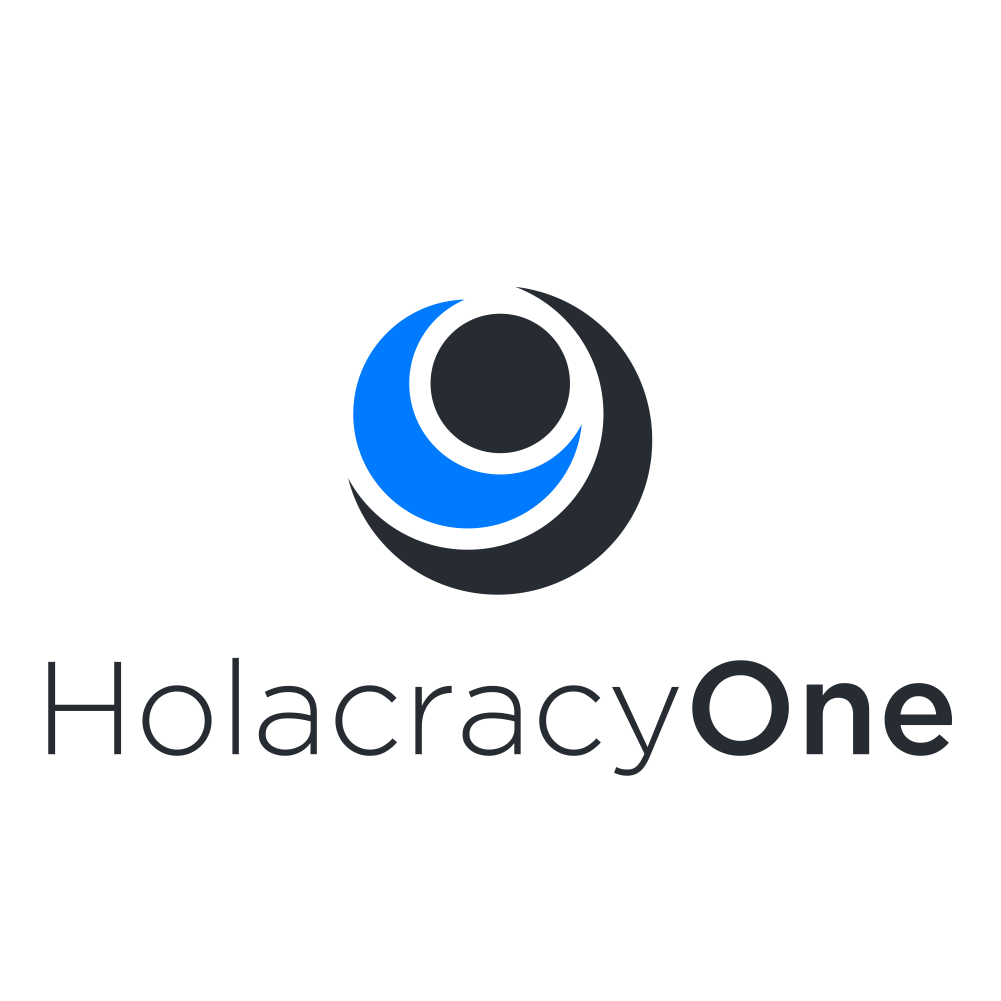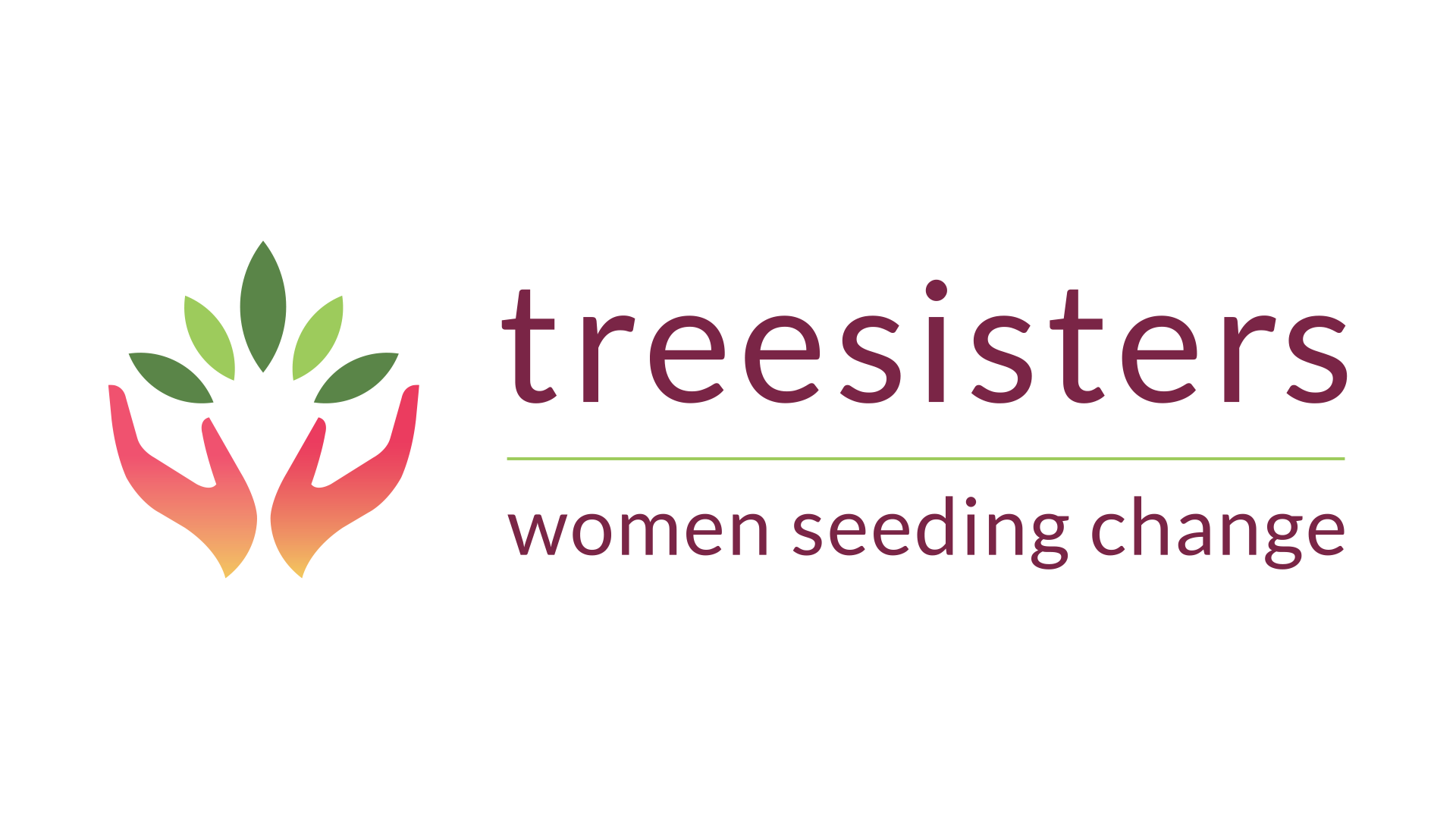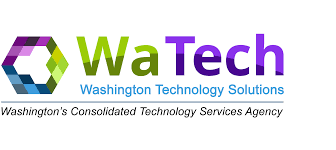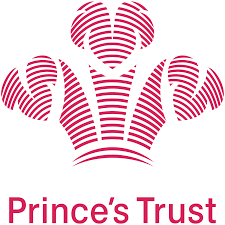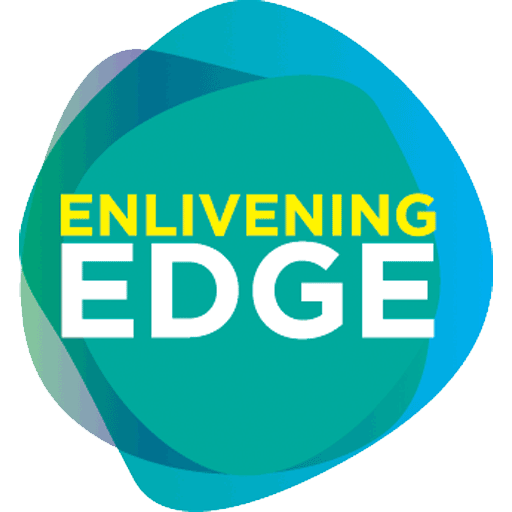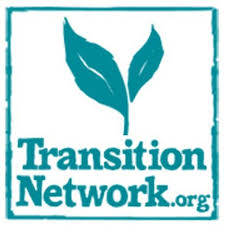
Do you lose the will to live in meetings and leave wishing you had spent the time on real work instead?

We equip teams to make painful meetings more productive and motivational
in 6 steps in 4 months
⭐⭐⭐⭐⭐ 4.8/5.0 - Rated by past clients
So that every team member...
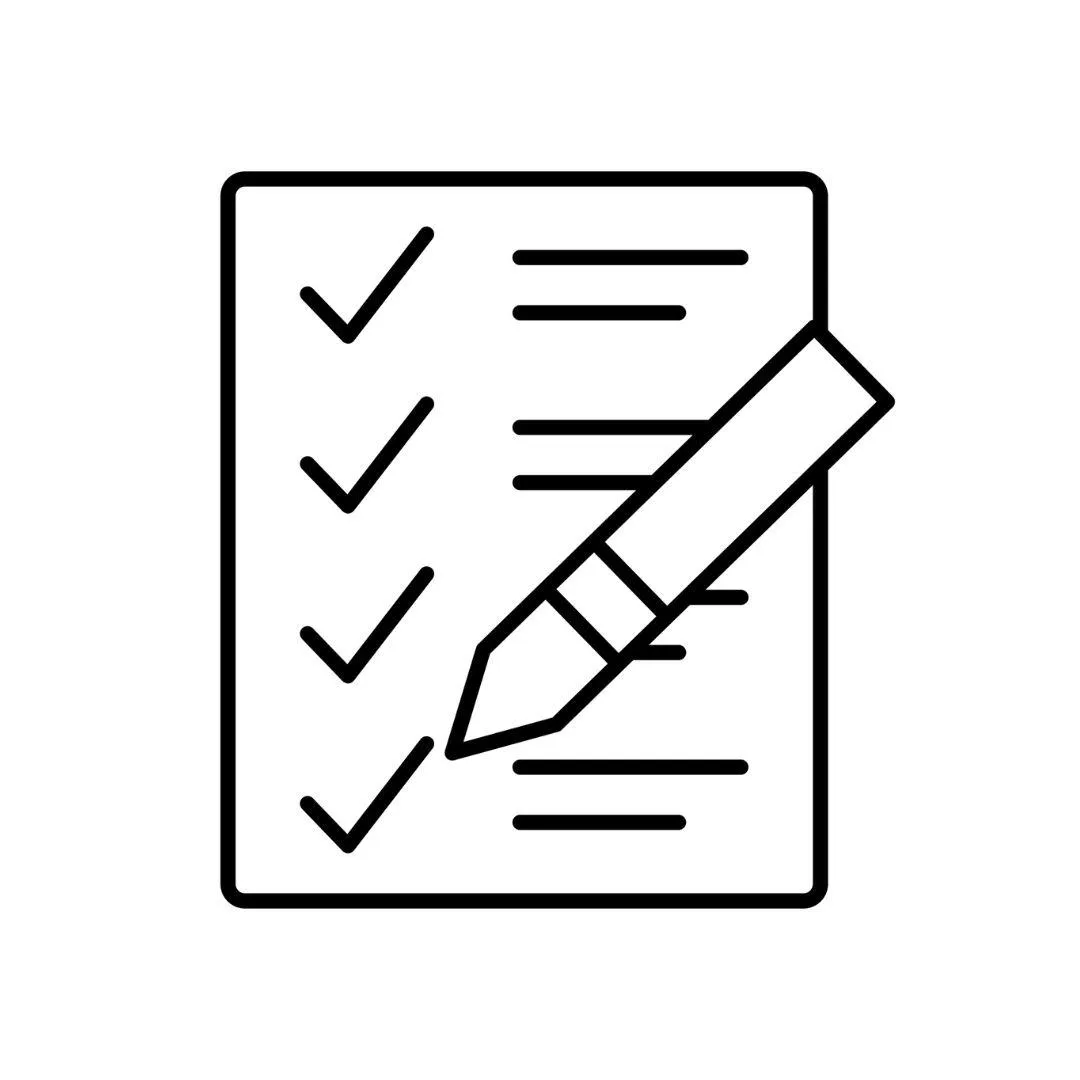
Gets what they need from every
meeting

Supports others to get what they need from every meeting

Leaves inspired to take their clearly documented next steps

The cost of painful, boring, unproductive meetings
Even though your team members may be individually smart and capable, why is it that meetings get so difficult?
It's not your fault, or your team members'- something mysterious happens in the team dynamics when people come together and have meetings!


Sub-optimal meetings that waste time and erode motivation and goodwill
The same topics keep coming up in meeting after meeting.
There's no clear resolution, decision or outcomes.
Conversations seem to go round in circles and last forever.
A few people do the majority of the talking. Others hardly talk, even though they probably have value to offer.

Meetings that feel painful, boring, frustrating, unproductive, demotivating...
Unproductive meetings drain motivation from team members and affects all of their work.
Some people show up live online/in person but have already checked out even before they join the meeting.
Because they are just waiting for the meeting to be over so they can then go and get on with some real work instead.


It shouldn't be like this
It's too common.
Too many people suffer from it.
It doesn't have to be Bullet list this way.
It's not Rocket Science.
It's simple to fix if you know how, and have the right tools.

I've done my time suffering from it & decided to find a better way
Early in my career, I was frustrated by needing to check everything with my managers and felt I could do much better without them.
Later, I felt burdened in leadership positions by others checking too much with me when they didn't need to.
So, I explored flatter, more collaborative ways of working. This was great for getting buy-in and hearing more perspectives, but it took too long.
There just had to be a better way, so I researched and experimented with many different ways of running teams.
I've spent over 25 years searching for it
I have curated and organised my learnings from over 25 years of study, research, experimentation, practice, training and consulting- into an easily accessible step-by-step online program for teams to follow.

There is a Simple Way Out in this 4-month online Team Program
The Meetings Revolution
Program Outline

How the program works
Taught Online
All team members go through online materials and do activites to help the learning stick.
Some activities are done individually, some together in team sessions.
Weekly Training For Team Leads
Team Leads attend weekly training sessions so they can lead their teams through the program.
These weekly sessions are normally held with a cohort of Leads from other organisations so that they can learn from each other.
4 Ways to Take your Team Through the Program
DO IT YOURSELF
You go through the online training program at your own pace with your team, and book training/coaching sessions when needed.
TRAINING COHORT
Weekly live trainings equip 1 or 2 people from your team to lead the rest of your team through the program over 4 months.
CONSULTING PACKAGE
Occasionally, we make an exception to guide one organisation through customised sessions tailored to your needs.
COACH TRAINING
For consultants or business coaches seeking to teach this program. This will equip you to lead your clients through the team clarity program.
Dates Of Training Cohorts over 4 Months
SPRING/SUMMER
March - June
AUTUMN/WINTER
Mid September - Mid February
We Have Worked With
What Our Clients Say
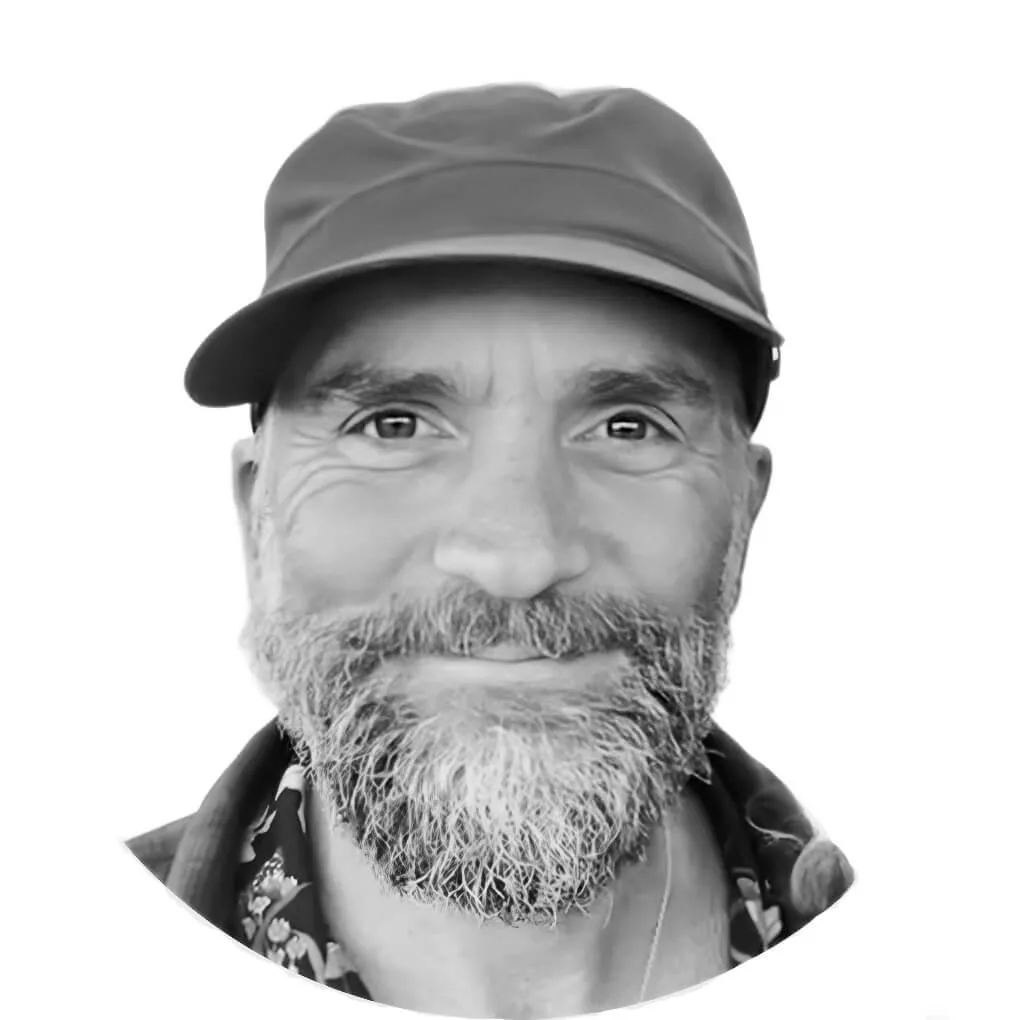
Your Instructor
Since the mid-1990s, I have been studying, researching, experimenting with, practising and training people how to improve how they work together in teams and organisations.
I've worked with thousands of people (including as a Partner with
HolacracyOne, the organization that founded Holacracy) and am one of only 7 Holacracy Master Coaches in the world. I have distilled the lessons I've learned into a series of online programmes and expert support.
I lead on projects and work with our Associates/ Apprentices/ peers from a wide network of expertise as needed. Our purpose is to inspire, equip and support Changemakers to make changes by upgrading how well your teams are adapted to surviving and thriving in our complex and changing world.
Nick Osborne, Founder & Lead Trainer, Evolving Organisation
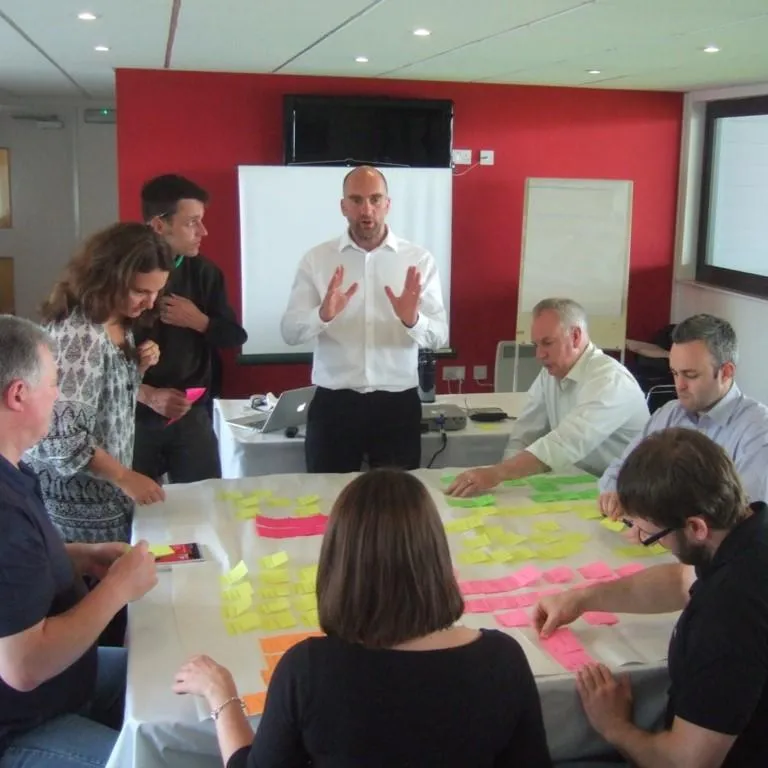
I have curated and organised my learnings from over 25 years of study (including an MSc in Management Development), research, experimentation, practice, training and consulting using state of the art Social Technologies like:
All into an easily accessible set of step-by-step online programs for teams to follow.

The Cost of Not Doing Anything
Continue wasting time and money- approx £20k a year for a team of 20 on an average UK salary
Continue causing frustration among team members and demotivating them
Continue missing out on your team members realising their potential
Continue your current levels of underperformance and productivity
Many people think they can just do it on their own, try and fail, make things worse, and then go back to how they were doing things but having wasted a lot of time, effort and goodwill.
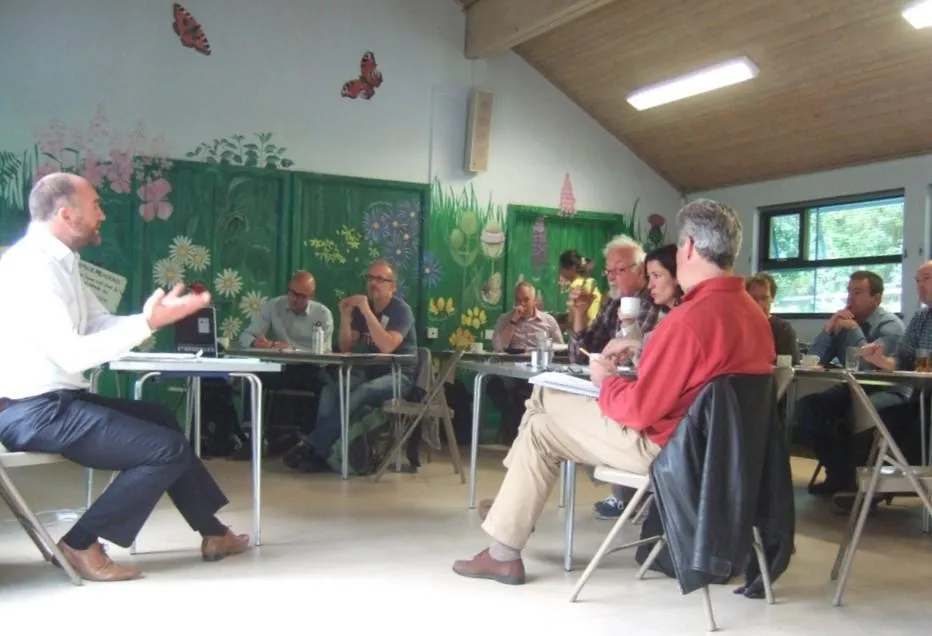
Imagine your team with more productive and motivational meetings with a clear meeting structure, process and outcomes
No more circular, endless discussions without clear outcomes. Your team’s operational meetings have a clear structure for people to arrive in the meeting, efficiently share key information and updates, build an agenda in a few minutes at the start of the meeting without discussion, then get through each point on the agenda so that each person gets what they need for their roles.
Your meetings are well facilitated with a trained Facilitator (who can be but is advised not to be the Team Lead), following a clear process that supports everyone to speak when needed. Meeting outputs are clearly captured and assigned to roles.
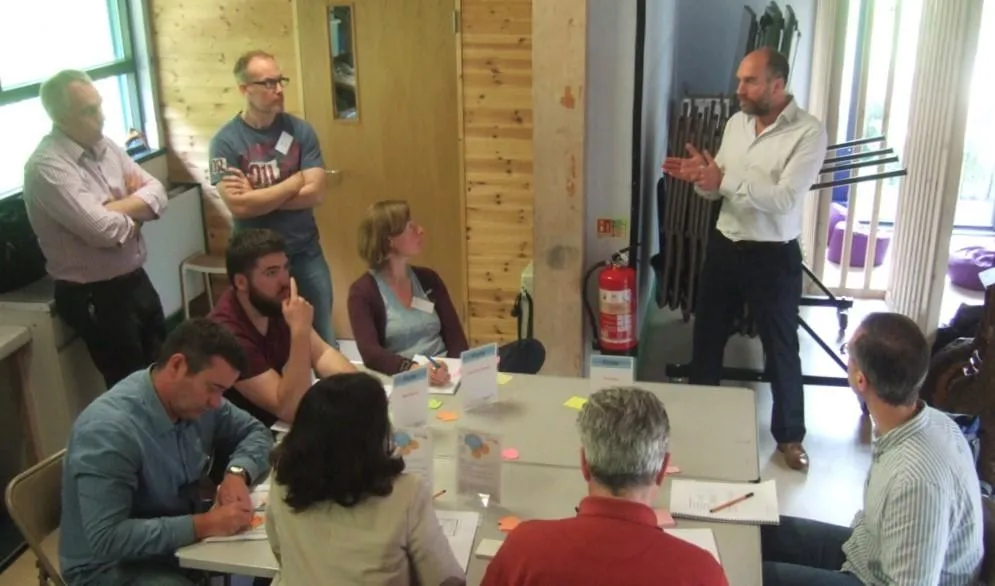
The Investment
For Each Team Member (up to 20)
Average of 30 minutes per week
to go through online materials & complete activities.
For Team Lead
90 mins/week attending live group Training.
Average 2-4 hrs/week supporting team members to go through program and complete activities.
COST: £4,995 for 20 people = £15 a week/person/up for 17 weeks
The Savings
For each team member (up to 20)
Assume each team member saves approx. 1 hour/week in shorter team meetings.
Approx £20,000 Per Team, Per Year, For Ever!
4 Ways to Take your Team Through the Program
DO IT YOURSELF
You go through the online training program at your own pace with your team, and book training/coaching sessions when needed.
TRAINING COHORT
Weekly live trainings equip 1 or 2 people from your team to lead the rest of your team through the program over 4 months.
CONSULTING PACKAGE
Occasionally, we make an exception to guide one organisation through customised sessions tailored to your needs.
COACH TRAINING
For consultants or business coaches seeking to teach this program. This will equip you to lead your clients through the team clarity program.
Fair Pricing Policy


We want our programs to be affordable for everyone, everywhere. Our standard prices are for profit-making organizations in the industrialized world.
If these prices are too high due to where you live in the world, or because your organization is not-for-profit or just starting or another reason, then get in touch to let us know what you would consider a fair price for your situation and why, and we’ll consider it ⚖️
Got Questions? We Have Answers!
Who will have access to the program?
1 or 2 team members, at least 1 of whom must be a Team Lead can access the materials to lead 1 team, or a single organisation of up to 20 people through this program. Contact us if you are buying for more than this.
Do my team members get access to any materials?
Yes. After purchase we will arrange for your team members to join our gamified online course platform to access the materials they need to go through the program.
How long is the access for?
1 year, after which it can be extended if needed on request at no cost.
How can this program benefit my team?
Assuming each person saves at least 1hr per week from checking less for permission/agreement from others/shorter meetings, so making decisions faster. Based on an average hourly rate of £20 for each person, working 48 weeks a year = saving approx. £960 per person per year. Up to 20 people can join the program at a time as standard, saving a total £19,200 per year.
Have more questions?

Want to run this program with your team in your own language?
We have colleagues who can deliver this program in the following languages in their own countries and are adapting the program to fit their own cultures.
These are actually real people, not AI avatars doing AI-generated translations.
Dutch
Spanish/Spain
Spanish/Latin America
Italian
German
Let us know if you'd like to know more about running the program in one of these languages or a different one that isn't listed.
IMPORTANT PRE-REQUISITE FOR TAKING THIS PROGRAM: Is your team ready for The Meetings Revolution?
The Meetings Revolution program is the second in the Effective, Empowered and Evolving Teams series.
It builds on the role clarity, ownership and initiative protocols in the first and foundational program in the series: Liberating Leaders.
With this approach, all of those things above are essential prerequisites for effective meetings.
If your team already has a good amount of role Clarity, ownership and initiative protocols, then it's probably ready for The Meetings Revolution program.
If not, then you'll want to either take the Liberating Leaders program first or at least talk to us using the form here to find out if your team is ready for The Meetings Revolution.





